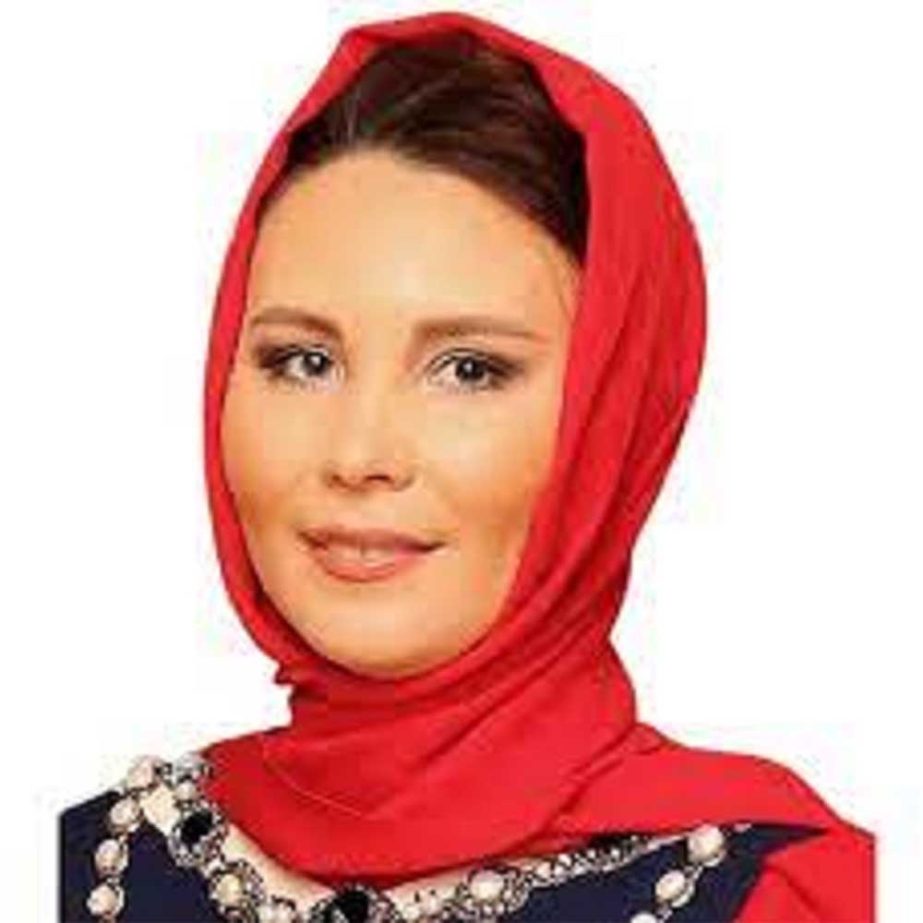
Dr. Diana Galeeva :
Negotiations between Russian and Ukrainian delegations aimed at resolving the situation in Ukraine began on Monday in Gomel, southeastern Belarus. Initially, Ukrainian President Volodymyr Zelensky was reluctant to agree to talks in Belarus as the country is being used as a staging ground for the Russian military operation, so he offered to meet in Warsaw, Baku or Istanbul instead. Shortly before the crisis erupted, Turkish President Recep Tayyip Erdogan had offered to act as a mediator between Ukraine and Russia.
The first round of talks concluded with no immediate agreements. Vladimir Medinsky, who headed the Russian delegation, said the two sides “found certain points on which common positions could be foreseen.” It was an interesting choice by the Russian leadership to appoint Medinsky as the head of negotiations. He is a political figure, academic and publicist who served as the culture minister from May 2012 to January 2020, so perhaps the choice was linked to his experience in dealing with issues using “soft” methods.
Meanwhile, Mykhailo Podolyak, a top adviser to Zelensky, offered few details except to say that the talks were focused on a possible ceasefire. The Ukrainian president on Tuesday announced on his Telegram channel that: “So far, we do not have the result that we would like to get.” He also noted that the Russian side voiced its position and Ukraine put forward its counterpoints “for completion.” “We received some signals (from the Russian side),” Zelensky added.
Despite an agreement to hold a second round of talks, the situation remains extremely complex, with the possibility of the conflict turning into a larger war. Firstly, this is linked to the possibility of Ukraine gaining EU membership. Zelensky on Tuesday spoke at an emergency session of the European Parliament and urged the EU to prove that it is with Ukraine in its war with Russia. On Monday, the president had signed an official request to join the bloc.
Russia faces deepening isolation and economic turmoil as the US and other Western nations hit it with an array of sanctions. The EU has already taken unprecedented steps, including financing weapons deliveries to Ukraine. Western countries have also agreed to remove seven Russian banks from SWIFT, the financial messaging infrastructure that underpins the global financial system, but left access open for some others to ensure there is a path for making energy supply payments.
The future of the peace talks and even the conflict itself largely depend on the possibility of Ukraine joining NATO. Zelensky has repeated his calls for the US and NATO to establish a no-fly zone over Ukraine or put boots on the ground. In an interview with CNN and Reuters, he said: “When we talk about no-fly (zones), we’re looking back into history… And that doesn’t mean that we need to draw another country into the war. And, frankly, you know, everyone is drawn into the war now.”
The US and its NATO allies have supported Ukraine by sharing arms, military equipment and intelligence, but have nonetheless made it clear that, at this stage, they have no plans to send troops into Ukraine. Zelensky predicted: “If Ukraine fails (and Russia seizes control of his country), then all these troops will be at your borders, Poland, Lithuania… and you’ll be facing greater issues.”
To avoid any direct interference from the West, Russian President Vladimir Putin on Sunday placed his nuclear forces on high alert, citing NATO’s aggressive response to the invasion of Ukraine. The possibility of Ukraine joining the alliance was initially the key Russian security concern. In its demands prior to the invasion, Moscow called for a ban on Kyiv entering NATO and a limit on the deployment of troops and weapons to NATO’s eastern flank, in effect returning NATO forces to where they were stationed in the late 1990s, before the alliance’s eastward expansion. Ukraine’s potential membership of the EU and NATO might be key areas in the discussions with Russia.
The Ukrainian position is that, if Moscow’s attacks on its cities continue, little progress can be made in the talks between the two nations. In the very worst-case scenario, the talks will not continue after the second round and the world might witness (and be part of) the start of a third world war.
(Dr. Diana Galeeva is an Academic Visitor to St. Antony’s College, Oxford University. Courtesy: Arabnews).

